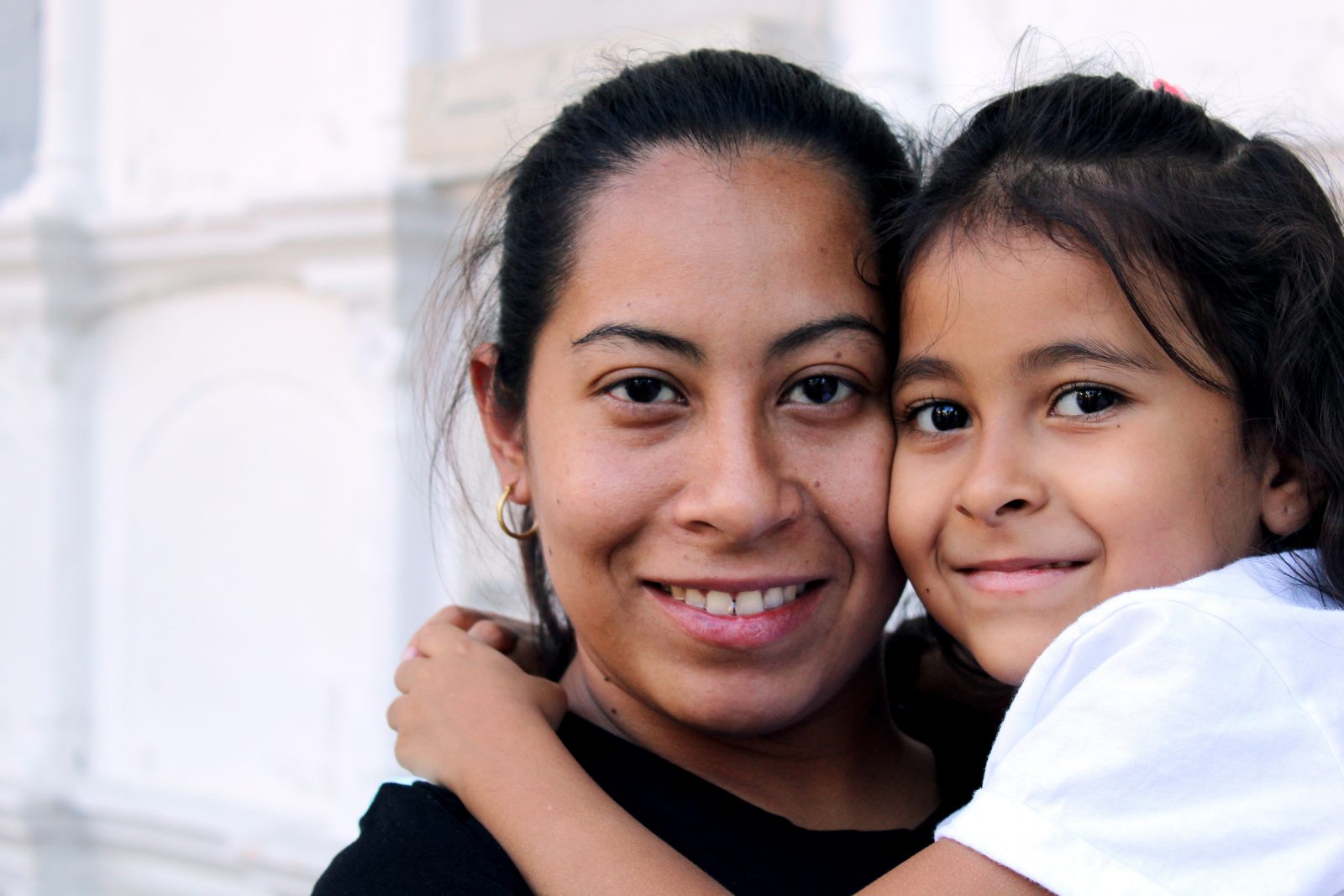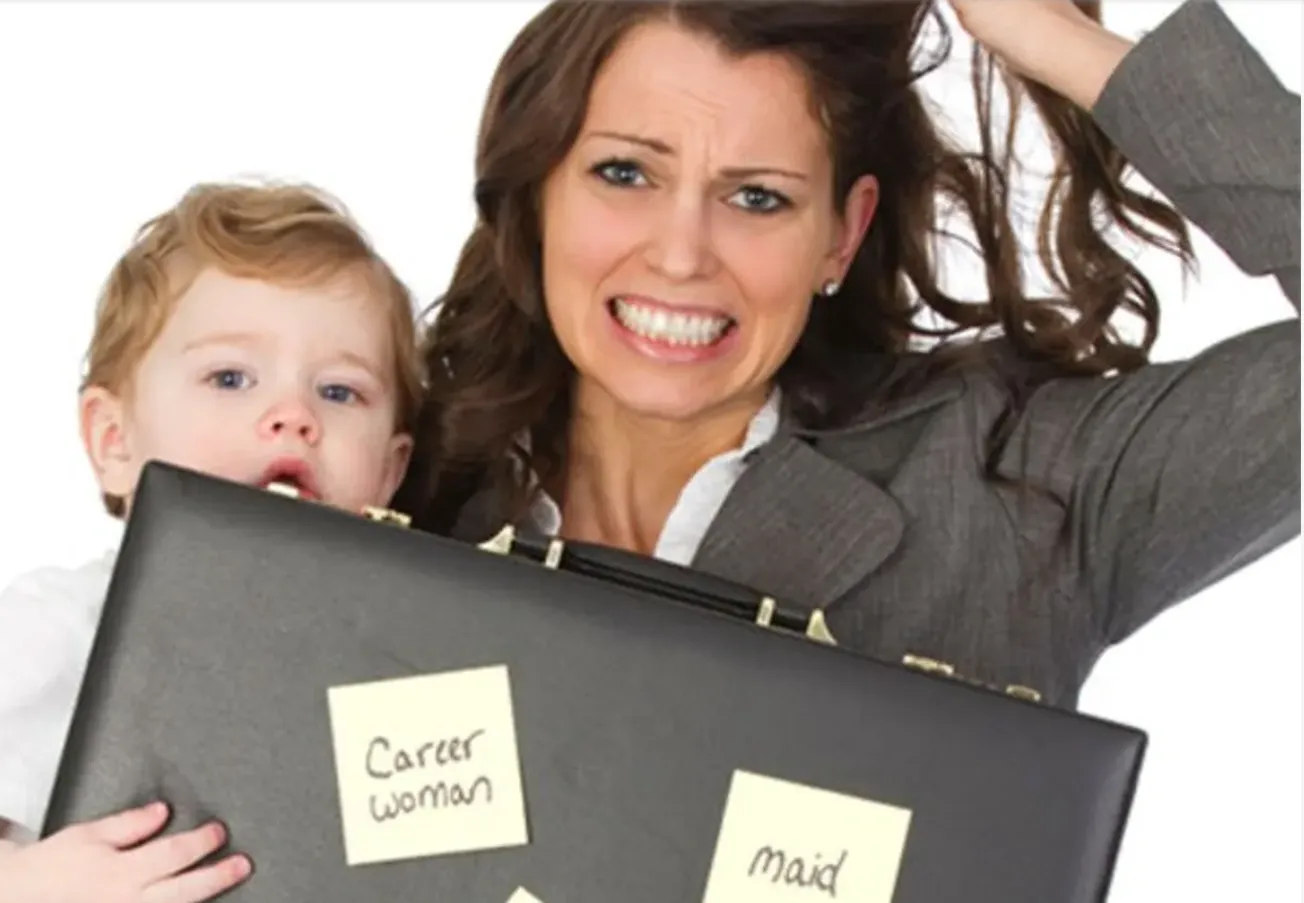Table of Contents
Jacinda took on the role of PM before telling us she was about to become a first time mum. She was very confident both roles could be fulfilled at the same time.
Neve is now two years old and scarcely raised by her mother who works very long hours. When parliament is sitting at night, sessions end at 10pm.
Ardern is not actually raising Neve; that role is carried out by her partner, parents and nannies. Right at the outset Ardern said that her child would be raised by a village, although at the time she said it Ardern would not have realised the emotional tie to Neve, or how little she would see her daughter with a demanding 24/7 job.
On her salary Ardern can afford to employ a nanny or two. Some working mums have a nanny, but most do not. Some working mums have parents, siblings or friends to help raise their children, but most do not.
Most working mums use government subsidised childcare so they can return to work to pay for the mortgage.
The PM is not a good role model for the average working woman. Why produce a child and then forgo the most important and rewarding part — the role of child-raising?
Children are a product of their environment. When children become adults they are not the product of the woman who gave birth to them, they are the product of the person who raised them. Big difference.
Delegating care of her children deprives a woman of part of her womanhood, and the sad fact is most women are forced to return to work simply because they need the money.
I reject Jacinda Ardern as a role model for mothers because her example encourages women to be deprived of the pleasure of raising their own children and devalues the worth of stay at home mothers.

There are no financial incentives to stay home during the pre-school years when children are the most malleable. These are the years when values and attitudes are imprinted. Of course, others can do a very good job, but the privilege of child-raising today is too lightly tossed away. The pressure on women to return to work is huge because a mother’s intrinsic value as a nurturer of children is highly underestimated.

The physical and mental toll on mothers who embrace the concept of “super-mum” should not be overlooked. At society’s peril, we ignore the unrealistic expectations on working mothers. We should revert to valuing their worth as mothers over simply employees or breadwinners.

The taxation regime penalises families by taxing dual incomes in a family unit as separate earnings when in my experience dual-earnings go into one single bank account. A generous tax break for the family with a stay at home mum would make inroads into the financial incentive driving women back to work and reluctantly leaving their children in care.
Job sharing allowing part-time work and family-friendly employment hours between 9-3 working hours are great. Mothers who prefer to spend those crucial first five years with their offspring should be incentivised to do that.

If more women were enabled to raise their own children, if they choose to, we’d have less family breakdown and a more stable society. It’s just plain old common sense.
If you enjoyed this BFD article please consider sharing it with a friend.









